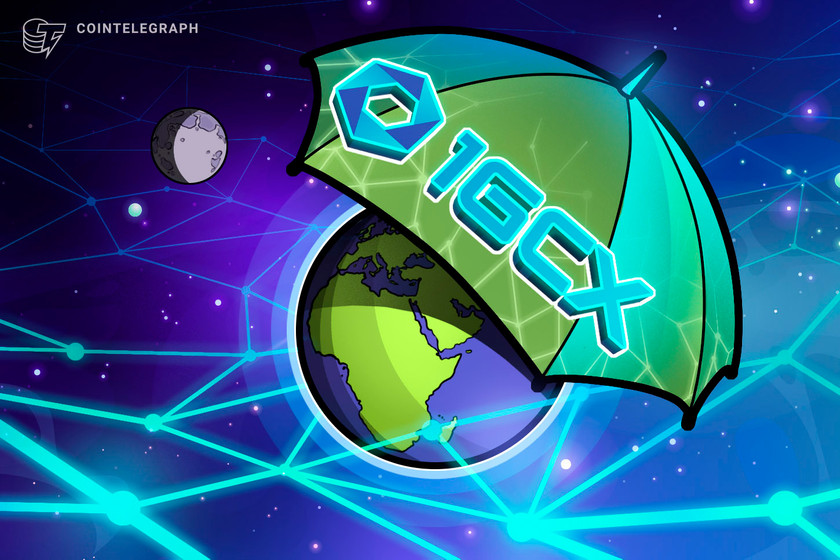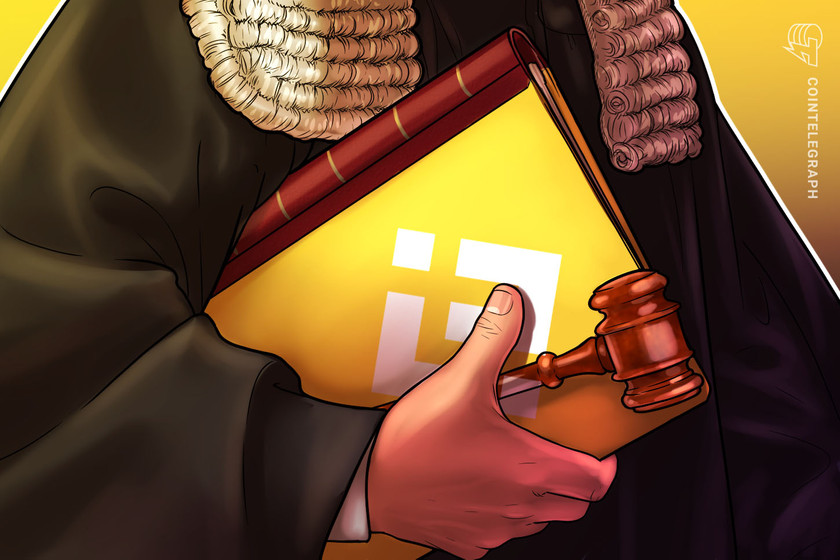Blockchain fintech GammaRey signs $320M merger agreement


GammaRey said it has nearly $800 million in consumer assets.
According to a Jan. 3 announcement, blockchain fintech firm GammaRey has signed a merger agreement with financial e-commerce and consumer data analytics company GoLogiq. Both companies are based in the U.S., although GoLogiq focuses on customers in Southeast Asia.
As stipulated by the terms, GoLogiq will issue $320 million in common stock to acquire 100% of GammaRey’s outstanding shares. The transaction is anticipated to be completed within the next few weeks, subject to conditions. The two parties said the merger aims to “focus on the high-growth market of wealth management for Generation Z and Millennials.” Brent Suen, chairman of GoLogiq, commented:
“Through this highly synergistic merger, we will have achieved our goal for GoLogiq to become a comprehensive fintech platform for underserved businesses and consumers that is generating strong revenue growth and cash flow.”
Suen also disclosed that GoLogiq is in the late stages of completing a new acquisition target with more than $9 billion in managed assets introduced by GammaRey. The two parties have set a guidance of more than $50 million in annualized revenue for 2023 upon deal completion.
Based in New York, GammaRey focuses on consumer digital wallets and developer software. The private company said that it is a “profitable business with strong cash flow” and nearly $800 million in consumer assets. Following the merger, GoLogiq stock will continue to trade over-the-counter under the ticker GOLQ, but the companies said that may change:
“GoLogiq also plans to apply for an uplisting to a listed exchange, such as Nasdaq or the NYSE. Such an application would be subject to approval based on several factors, including satisfaction of minimum listing requirements.”


























